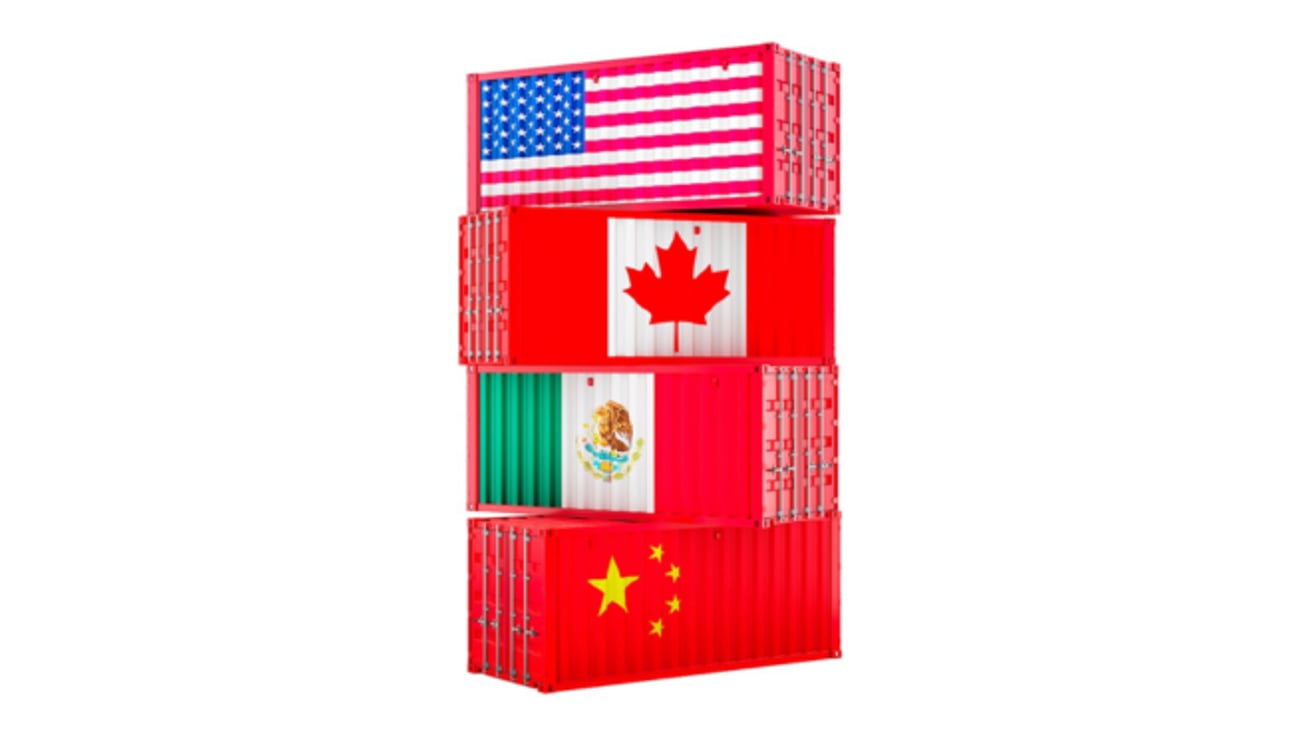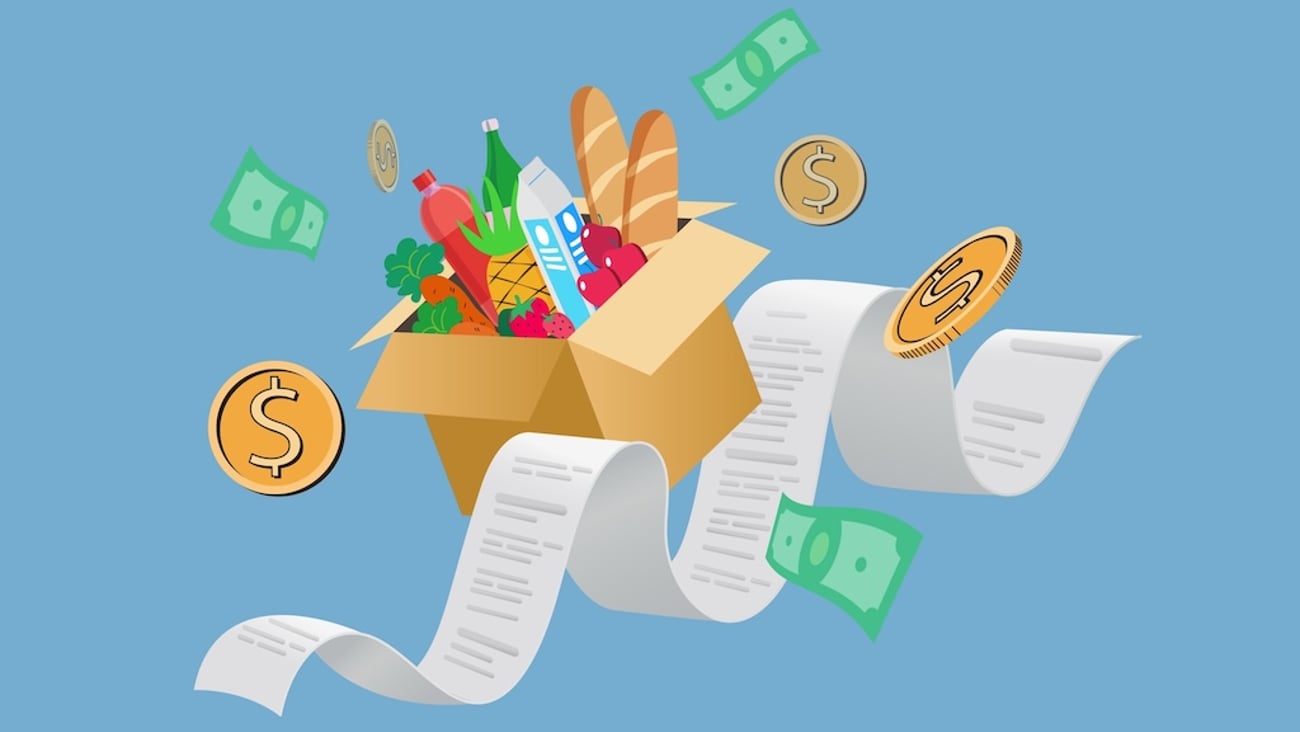From a virus to a tyrant, the Russia-Ukraine conflict is the agri-food sector's next hurdle
Russia’s invasion of Ukraine is another blow to humanity. Thinking of the human cost is unbearable. But, the agri-food sector has also been impacted by the conflict, and in more ways than one.
Ukraine is Europe's breadbasket, so this conflict will affect global commodity markets in a meaningful way. Wheat and corn futures are slowly reaching record levels. Ukraine is the ninth largest producer of wheat in the world, producing slightly less than Canada yearly. Ukraine is also the fifth largest producer of corn in the world, responsible for 13% of global supply. Agricultural activity represents about 70% of the country’s land, and about 25% of the world’s reserves of black soil is in Ukraine. The country has exceptional growing conditions.
Together, Ukraine and Russia account for 25% of global wheat exports. Barley and rye are also heavily produced in the region. All these commodities combined could compromise many agri-food companies’ access to key ingredients. The invasion has led to a ban on all commercial vessels in the Sea of Azov, which is the main connection to the Black Sea, where Ukrainian ports are located. Nearly 90% of Ukrainian grain exports are transported by sea, and marine logistics in the region have been severely compromised.
Given what has been happening around the world over the last several months with supply chain issues, saying that food price inflation will stem from this conflict is an understatement. If you think Canada is immune to all of this because of our domestic agriculture production, think again. Agricultural commodities are traded on world markets and what happens in Ukraine and Russia affects us.
Oil is now trading between US$90 and $100 a barrel, which is the highest it’s been in more than six years. Russia exports about five million barrels of crude oil per day and about half of that goes to Europe. To help recover from the pandemic, countries are trying to penalize Russian President Vladimir Putin’s regime without disrupting that country's energy exports. This is telling of how incredibly delicate the situation is, and how Putin strategically chose his moment to invade. If energy costs weren't a factor with food inflation before, they certainly are now. We are expecting transportation fees to be impacted within weeks, if not days.
The fertilizer market has also been affected by this conflict. The region is a significant exporter of nitrogen, potassium and phosphorus fertilizers, and the Ukraine invasion increased fertilizer prices by more than $200 a ton. This is bad news for farmers looking to increase yields this year due to higher prices. Fertilizers were already quite expensive before the conflict in Ukraine. Canadian farmers are likely to do well with markets, but expensive fertilizer prices could impact agricultural output in the Northern Hemisphere, including Canada. If Mother Nature doesn’t cooperate yet again, this could be another challenging year for our farmers.
And make no mistake. China is Russia's ally. Putin is not simply seeking to mend lost Soviet territory; he is focused on restoring Russian influence. And controlling global food supply chains with China is one way to do it. Given their production, both countries are agriculturally influential, destabilizing Western economies yet again. For two years we were up against a virus and now it's a tyrant.
In essence, what this conflict will do is bring to the agri-food sector a new layer of uncertainty, at the worst possible time. As consumers, we need to take a deep breath and hope the conflict doesn’t last long, but we have been down this awful road before and the prospects aren't great. In the meantime, we need to stand for Ukrainians as they are the victims of evil, simply put.




